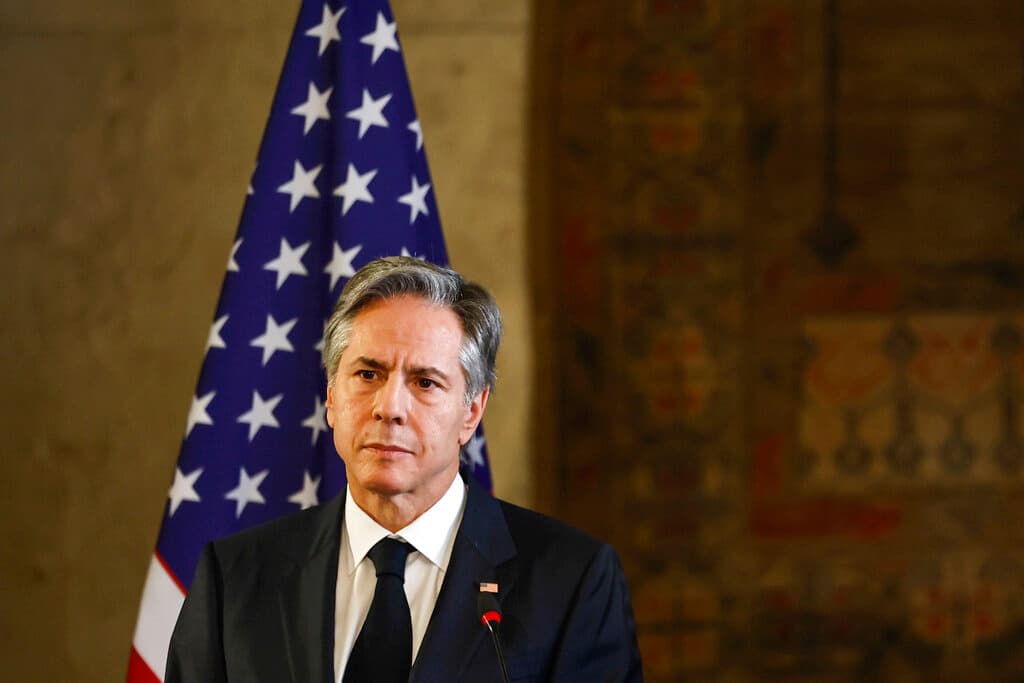Iran Attack Marks Significant Turn in Israel’s ‘War Between Wars’
While America argues over the utility of a fatal military strike to halt Iran’s nuclear program, and while Iran foments terrorism in the West Bank, Israel is conducting a highly successful, continuous campaign of pinpoint attacks.

Israel’s operations in the Palestinian territories and its daring attack at Isfahan, Iran, are part of the same long war — and both seem to serve America’s interests.
Please check your email.
A verification code has been sent to
Didn't get a code? Click to resend.
To continue reading, please select:
Enter your email to read for FREE
Get 1 FREE article
Join the Sun for a PENNY A DAY
$0.01/day for 60 days
Cancel anytime
100% ad free experience
Unlimited article and commenting access
Full annual dues ($120) billed after 60 days

